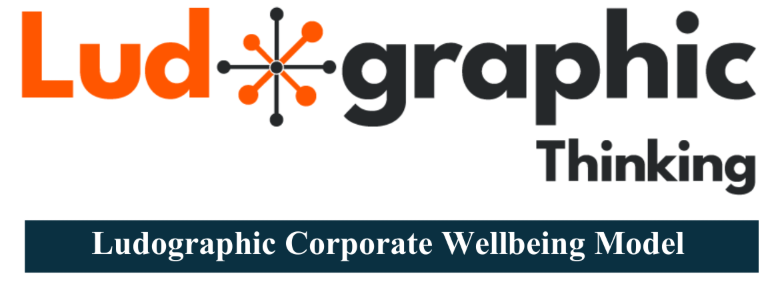
The “copy-paste” initiatives do not work any more in today´s
highly-demanding and diverse workforce.
* High staff turnover, with increasing costs in recruitment and training.
* Emotional disconnection of employees from the company’s purpose.
* Impact of hybrid work on cultural cohesion and internal communication.
* Increased stress, burnout, and mental lack of health issues affecting performance and retention.
* Generic wellness programs that fail to motivate or retain employees across different generations.
* Limitations of traditional metrics (work climate, eNPS) that do not delve into symbolic and cultural aspects.
* HR struggles to demonstrate cultural ROI to the CFO.
Direct impact: loss of productivity, difficulty that prevents retaining young talent, and weakening of
organizational culture.
*Does not measure superficial opinions; decodes the invisible motivations behind well-being and culture.
*Integrate drivers + archetypes + quadrants into a single strategic map.
*Interactive dashboard that filters results by demographics, areas or departments, drivers, and archetypes.
*Actionable deliverables: Corporate playful profile cards, insights, and recommendations that serve as
strategic inputs for consulting firms, HR, and internal marketing, CRM/Human Talent teams.
To understand what truly motivates and what discourages teams.
To detect cultural tensions that affect engagement and productivity.
To identify actionable insights about organizational culture.
To design more effective internal marketing plans by activating the well-being drivers that
genuinely connect with employees.
To create narratives that connect drivers and archetypes.
To design personalized strategies for engagement, retention, and well-being.
To align culture, motivation, and purpose with the organization’s strategic objectives.
Beatriz Castellanos, Clinical Social Psychologist from USB Cali.
With more than 15 years of experience leading and conducting qualitative market research, she is a
trend seeker in social dynamics and market opportunities. She is recognized for her analytical skills
and holistic understanding of human behavior and for building cultural insights.
In the field of social and scientific research, she was a co-investigator in the development of SPIDD
1.0, a psychometric system for diagnosing children’s cognitive development through a video game.
She is co-author of the book “I/O Video Games, Computers and Human Beings” (Bonaventuriana
Publishing), and co-author of the article “Minds, Video Games and Society – Some Crucial Points
for Debate” published in Revista Guillermo de Ockham.
CONTACT US , WE WILL HAPPY TO HEAR YOU AND ASSIST YOU: mag@agapemr.com bp@agapemr.com
